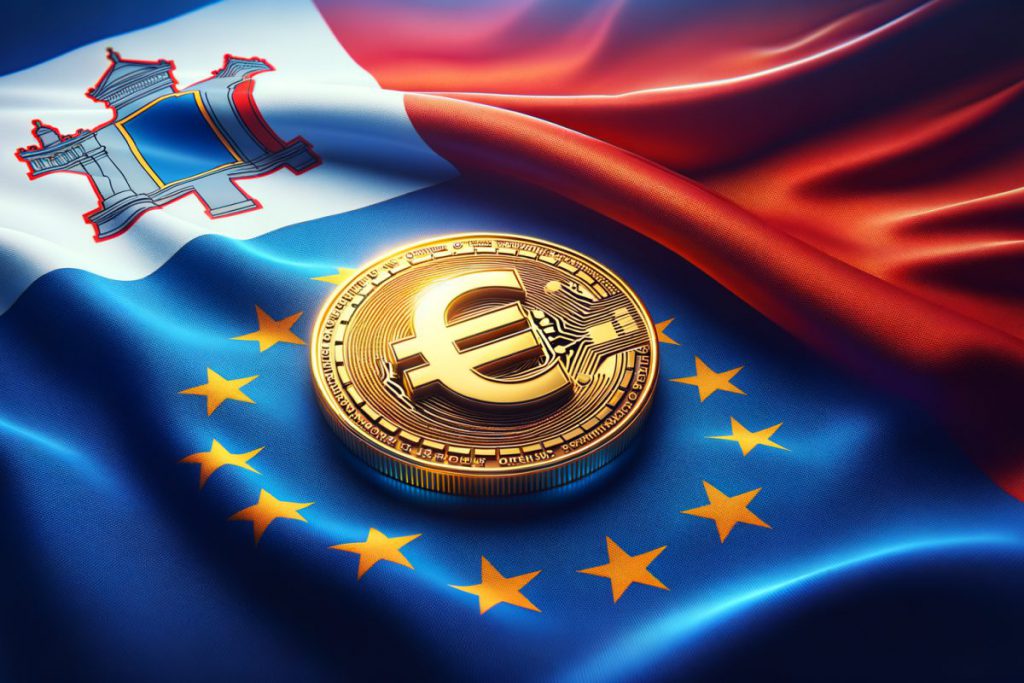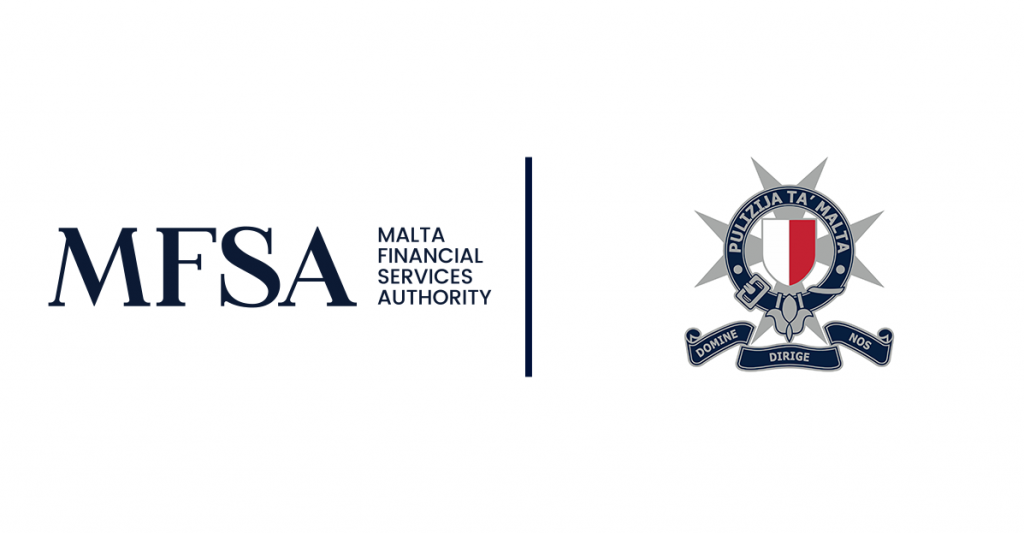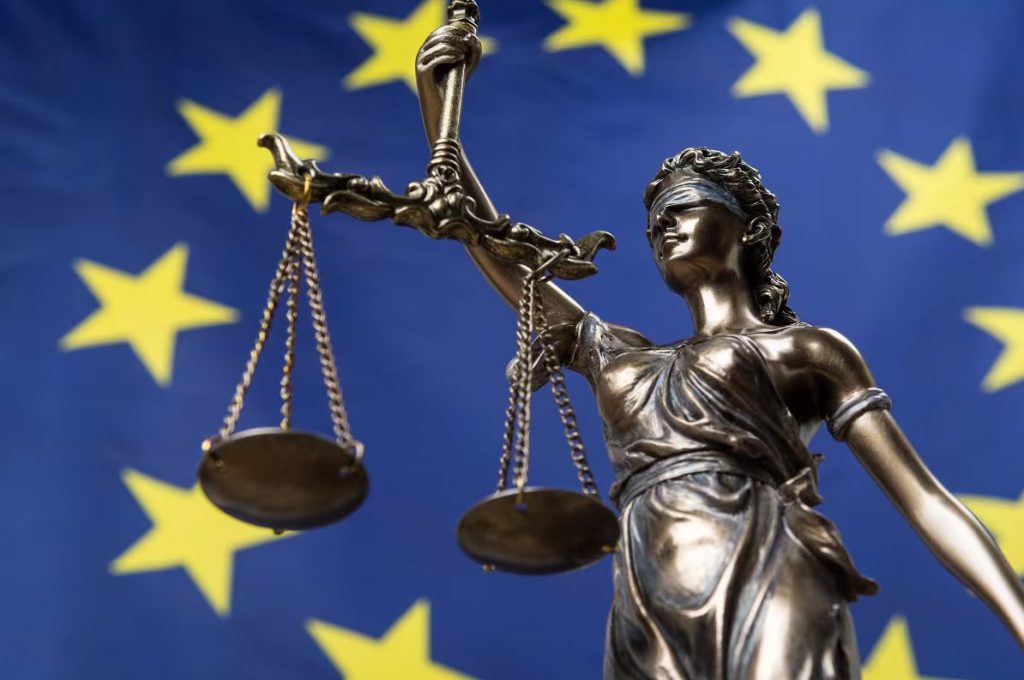Malta Defies EU’s Crypto Centralization Push - Stands Firm on Decentralized Future
Malta's financial watchdog just drew a line in the sand—and it's pointing squarely at Brussels.
The Malta Financial Services Authority (MFSA) rejected the EU's latest centralized crypto framework, calling it 'innovation-stifling bureaucracy' that contradicts blockchain's core principles. Regulators argued that forcing decentralized networks into centralized boxes helps nobody—except maybe traditional bankers who still don't get it.
This isn't Malta's first rodeo with EU financial policy pushback. The island nation has been positioning itself as 'Blockchain Island' since 2018, crafting bespoke regulations that actually understand how digital assets work. While Brussels drafts another 200-page compliance manual, Malta's building infrastructure.
The move signals growing tension between innovation-friendly jurisdictions and the EU's one-size-fits-all approach. Malta's betting that real crypto development will follow pragmatic regulation—not another layer of bureaucratic oversight designed by people who still think 'wallet' means leather.
Because nothing says 'financial innovation' like requiring permission to innovate.
Malta Crypto Regulation At Odds With EU Centralization Plans

The Malta regulator’s position is creating quite a significant divide within the EU over crypto oversight. France, Italy and Austria called on Monday for the Paris-based ESMA to take over supervision of major crypto companies, arguing that different countries are actually applying EU crypto rules inconsistently.
MFSA Rejects Centralization Push

A Malta Financial Services Authority spokesperson had this to say:
“We believe that centralisation at this stage would only introduce an additional LAYER of bureaucracy, which could hinder efficiency during a period when the EU is actively striving to enhance its competitiveness.”
The Malta regulator is in favour of the ESMA efforts to ensure convergence of supervision but strongly against complete centralization. This stance puts Malta in conflict with the long standing demand by France to have more powers of ESMA and it is turning out to be an actual debate.
Broader EU Division Over Malta’s Position

The Mediterranean nation’s regulator’s opposition reflects wider European problems on crypto oversight. Financial watchdogs across Europe remain divided on whether ESMA should actually gain more powers over national authorities.
France’s regulator told Reuters it WOULD not rule out challenging crypto licenses that are granted by other EU member states. ESMA head Verena Ross has welcomed the idea of expanded powers, but she’s facing resistance from Malta along with other EU members.
The Malta Financial Services Authority’s crypto license-granting process came under analysis earlier this year, which adds some context to the current regulatory standoff.
Implications for Malta and EU Crypto Market
The centralization issue presented by Malta rejection of centralization raises the questions of the efficiency of regulation as compared to uniformity. The Mediterranean nation regulator is of the opinion that national regulation together with co-ordination would give more effective outcomes as compared to centralized bureaucracy would. This policy position is indicative of Malta in general when it comes to preserving regulatory freedom in the crypto sector.
This resistance embraced by Malta may affect the rest of the EU members to retain national regulation of crypto. The debate between Malta and centralization supporters will continue to define the way in Europe deals with the supervision of digital assets going forward, and currently, it does not seem that there is a definite policy that could emerge.

